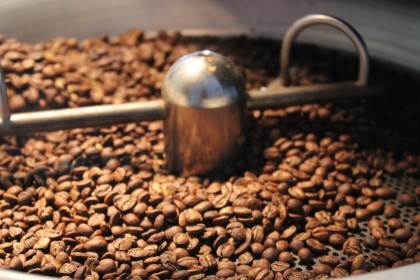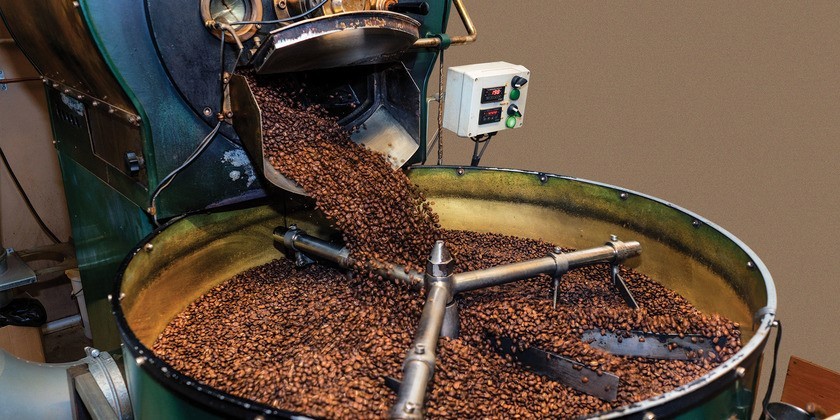Step by Step
Our Processes

1. Production & Quality Control
At Thunguri coffee, the production of high-quality coffee is controlled through our elaborate, eco-friendly coffee cultivation program. Specialty coffee processing starts at harvesting, with cherries being individually picked by hand, ensuring only red ripe cherries are harvested. This is a tedious process with farmers rotating among the trees every 8 to 10 days, choosing only those cherries that are at the peak of their ripeness.
Thunguri coffee quality control begins at the farm during pre-harvest. The coffee is pruned and fertilized and agronomy services are provided for best practices in crop management.

2. Aggregation
After a day's harvest has been collected, the farmer delivers the cherry to a wet mill for processing. At the wet mill, the cherries are again separated based on color and degree of ripeness. The uniformity of ripeness greatly reduces the amount of damaged beans. The coffee cherries are now aggregated from the different farms ready to be wet-processed.

3. Processing
Thunguri natural coffee is often appreciated world over, for having an amazing fruit profile with far more complexity than a washed coffee.

4. Milling
After the parchment coffee has dried to the desired moisture content, it is dry milled into green coffee. Dry milling involves hulling (the removal of the husk), polishing (removal of silver skin), and removal of impurities such as rocks, sticks, and other miscellaneous debris. The clean coffee is then sorted based on density and size. This is what is called AA/AB/PB, which are bean sizes.


